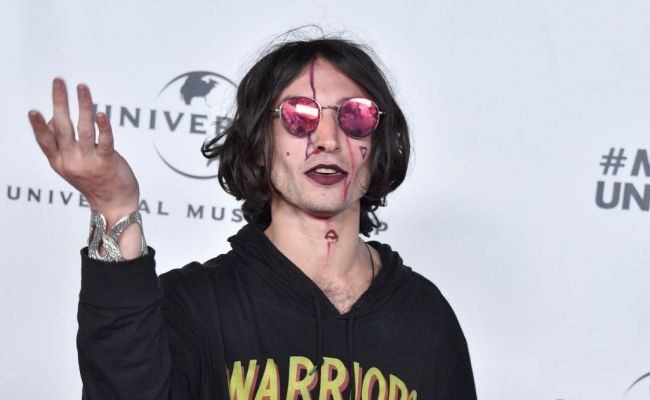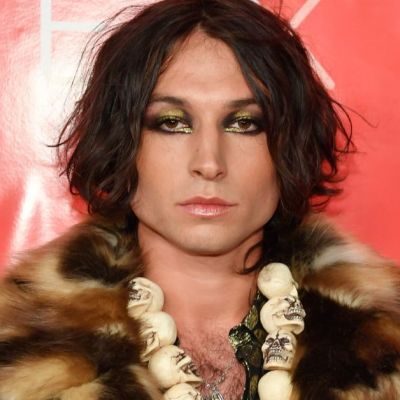Ezra Miller, best known in Hollywood for his portrayal of The Flash, has sparked speculation about his gender, sexuality, and mental health. Ezra Miller has openly explored various facets of their identity throughout their career, making big comments that have gained attention and conversation.
This article seeks to shed light on Miller’s path, including gender fluidity, increasing sexuality awareness, and mental health difficulties.
Is Ezra Miller Gay on The Flash?
Ezra Miller’s investigation of gender identification has been defined by a fluidity that defies categorization.
Miller’s pronoun choices have altered over time; she used to use all pronouns indiscriminately but now prefers they/them, it, and zir pronouns.
Miller underlines their unwillingness to be gendered by using these pronouns, affirming their autonomy over self-identification.

Mr. Ezra Miller Sexuality and Relationships: Miller’s journey of self-discovery includes an exploration of their sexuality.
They came out as gay in 2012, yet they afterward distanced themselves from the label and showed a dislike for categorizations.
“The way he would choose to identify himself wouldn’t be gay,” Miller said, adding that they are open to love regardless of gender or identity.
They have expressed a preference for people labeled ashes,’ underlining their flexibility and receptivity to various types of love.
Miller’s partnerships have demonstrated their non-monogamy.
In Sons of an Illustrious Father, they stated that they were in a polyamorous relationship with several people, including their bandmates.
Ezra Miller’s Personal Challenges and Advocacy
Miller’s path has not been without difficulties.
They have endured discrimination and physical assaults as a result of their gender uncertainty, both as children and as adults.

Miller’s experiences have demonstrated the significance of confronting societal standards and embracing one’s identity, regardless of external censure.
Ezra Miller’s Mental Health Issues
Miller’s mental health issues have also come to light in recent years.
Miller’s mental health began to deteriorate following his parents’ divorce in 2019.
However, their spokeswoman disputed that it was directly related to the divorce.
According to insiders, Miller began wearing a bulletproof vest and carrying at least one pistol in early 2022 owing to fears of being followed by the Ku Klux Klan and the FBI.
Tokata Iron Eyes, their partner, later portrayed their concerns and actions as a “fashionable safety measure” implemented in reaction to actual threats and attacks.
Also, read Ray Fallone Boxer Family: Why His Death News Trending On Internet?
Ime Udoka Cheated On Nia Long?
Ezra Miller Apologizes To Fans Regarding His Treatment
Miller shared a video on Instagram in 2022 that appeared to threaten members of the Ku Klux Klan in Beulaville, North Carolina.
The Southern Poverty Law Center, on the other hand, recorded no recent Klan activity in that area.
Miller’s representative later that year issued a statement to Variety in which Miller apologized for their previous behavior.
He also mentioned that they had begun treatment for serious mental health concerns during a period of intense crisis.
According to Vanity Fair, Miller has made a number of strange assertions about their identity, including claiming that they are Jesus, the devil, and the next Messiah.
He also believes in the possibility of Freemasons sending demons to harm them.
Ezra Miller’s self-discovery journey includes their fluctuating gender identity, a growing understanding of sexuality, and fights with mental health.
Miller’s reluctance to comply with social gender norms, as well as their openness to love and relationships, demonstrate their commitment to inner authenticity.
Their experiences emphasize the significance of understanding and supporting those who are navigating complicated identities.
Miller’s tale serves as a reminder of the continual struggle toward acceptance and inclusivity as she continues to defy stereotypes and push for self-expression.




